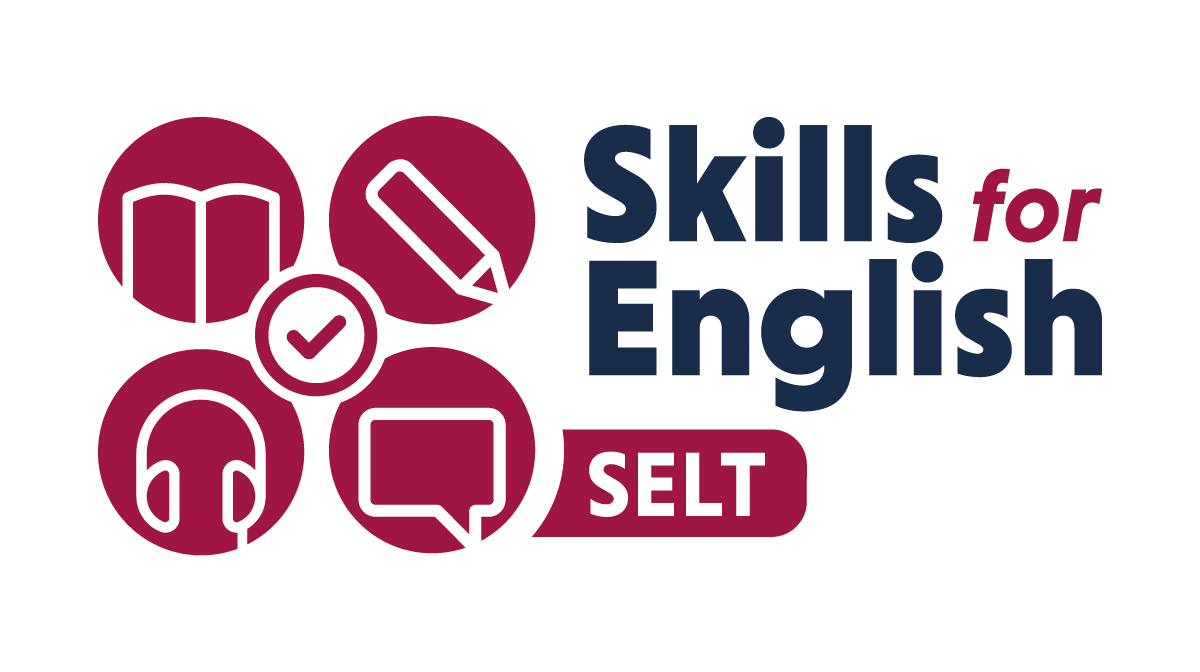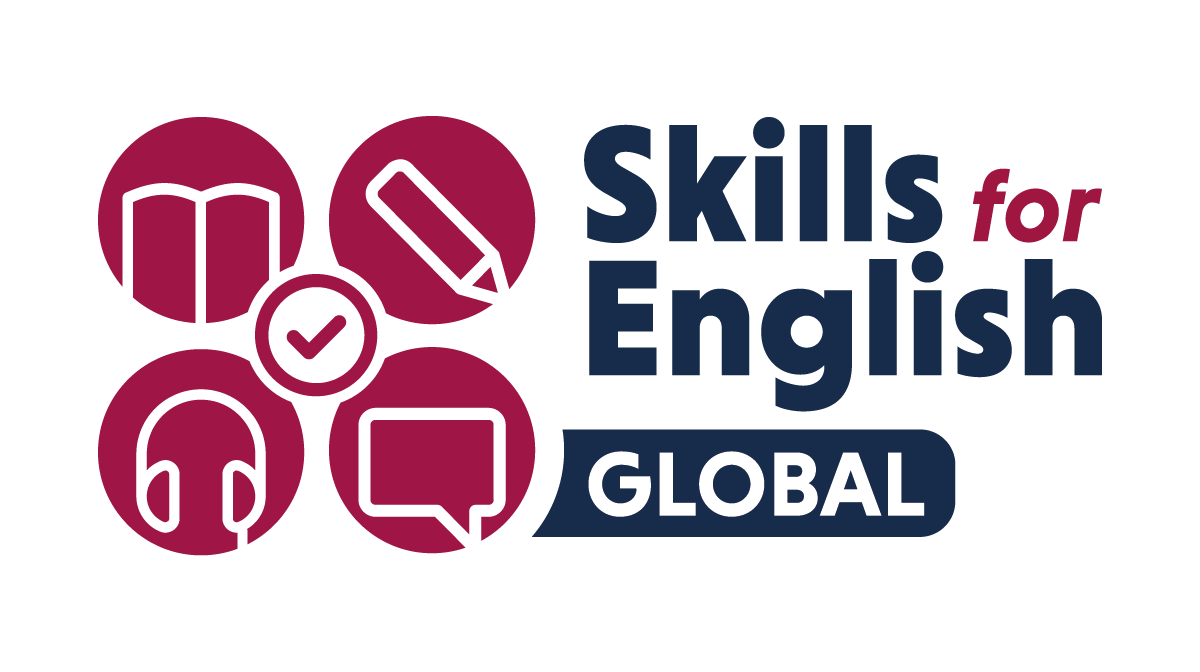With more providers looking overseas for staff, Skills for English has summed up everything you need to know about how proficient your employees need to be in the English language.
Combatting the crisis in the recruitment and retention of care workers has recently been on the Government’s agenda. Measures to address it include adding jobs to the shortage occupations list and announcing a £15m fund for boosting international recruitment ahead of winter 2022/23.
Meanwhile, the UK care sector has been looking overseas to recruit new staff. However, one major concern remains: the level of applicants’ English language skills.
What does the B1 level of English – required for a Health and Care Worker visa – mean? And is it a high enough level to deliver the expected quality of care?
Effective communication skills have a fundamental impact on the quality of care. This is what you, as a care business owner or recruiting manager, need to know about the language exams the government requires visa applicants to take.
What are the government language requirements for Health and Care Worker visa?
The UK requires most workers coming into the country on a Health and Care Worker visa to satisfy a Knowledge of English requirement. This is set at a minimum B1 level on the Common European Framework of Reference (CEFR) in all four skills of speaking, listening, reading and writing.
The few who are exempt are nationals from countries where English is the official language: Antigua and Barbuda, Australia, the Bahamas, Barbados, Belize, Canada, Dominica, Grenada, Guyana, Jamaica, Malta, New Zealand, St Kitts and Nevis, St Lucia, St Vincent and the Grenadines, Trinidad and Tobago, and the USA.
Certain qualifications, such as a GCSE or A-Level (where the course of study started before the age of 18), will also satisfy the requirement.
However, most visa applicants choose to prove their level of English through a Secure English Language Test (SELT) and achieving B1 level across all four skills.
What is a SELT exam?
SELT (Secure English Language Test) exams are English language proficiency tests accepted by the UK government as proof of required knowledge of English for visa and immigration purposes. There are key conditions for the test result to be accepted. Visa applicants must ensure that:
- The test is on the list of approved English language tests.
- They take it at an approved test location.
- Their test result is less than two years old at the time of application.
Government requires all candidates taking their SELT language exams abroad to choose from one of only four test providers: the IELTS SELT consortium, Pearson, LanguageCert and PSI (Services) UK Limited, whose test is Skills for English.
Visa applicants can choose from any of the test providers and will often make their decision based on how far they have to travel to a test centre, or whether they have to make multiple trips to take different parts of the test.
The Skills for English test is taken in a single session. It is available in a network of test centres in over 125 countries, including many territories where access to other SELTs is not as readily available.
What does B1 level mean – and is it the right level for the job?
B1 is generally recognised as the intermediate level of language a non-native speaker needs to survive alone in a foreign country. In the UK, it is the level required for most work visas. The applicants must demonstrate a minimum B1 level in all four skills of speaking, listening, reading and writing.
B1 is a language level on the Common European Framework of Reference of Languages, which makes it very useful to employers because it outlines what people can do at that level. You can expect that a person with a B1 level in a language can:
- Understand the main points of clear, standard input on familiar matters regularly encountered in work, school, leisure, etc.
- Deal with most situations likely to arise whilst travelling in an area where the language is spoken.
- Produce simple, connected text on topics that are familiar or of personal interest.
- Describe experiences and events, dreams, hopes and ambitions and briefly give reasons and explanations for opinions and plans.
For most non-specialised jobs in the care sector, B1 is more than sufficient. It is also the level you can realistically expect from most countries in the world. To use examples from Europe, B1 is the level the Dutch tend to reach at 15 years of age, and the Spanish or Italians reach at 18. In some other countries, it’s the level reached when people graduate from university.
Outside of Europe, the countries where school leavers routinely reach B1 in English are those where education is conducted in English: the Philippines, Malaysia and South Africa, Ghana, Kenya, Nigeria or Zimbabwe. Because these populations use English routinely in their daily lives, their speaking scores – and ability – will likely be higher.
This is important to note: the B1 level result presented by your future overseas employees is an indication of the minimum level of their competence. What you are likely to discover during the interview process, or shortly after they arrive in the UK, is that their communication skills are, or will soon become, much more sophisticated.
Most exams can help you see where the test takers are on the B1 scale and with PSI’s Skills for English, it’s easy. The Test Report Form lists the B1 Pass or Pass with Merit for each skill. A candidate with a Pass with Merit result will be on their way to reaching B2 level, which is widely accepted as the benchmark for entry to academic study at undergraduate level in the UK.
The elephant in the room: shouldn’t we just follow the rules set by the Nursing and Midwifery Council (NMC)?
The short answer is no. The language level required by the NMC is difficult to reach even for native speakers. How do we know? Because many native speaker nurses from countries such as Australia used to fail. In 2017, the NMC removed the test requirement for nurses from English speaking countries. One rationale for removing the test requirement was that it included an academic essay section, which was deemed unnecessarily difficult for native speakers. Ironically, nurses who don’t have English as a first language are still expected to pass it.
Despite minor adjustments to the individual skill score requirements, the overall score set for nurses remains higher than the score needed to take a PhD in Chemistry at a Russell Group University like Sheffield (see below).
NMC Nursing: Overall score on Academic IELTS: 7. Minimum score on Speaking, Listening and Reading: 7. Minimum score on Writing: 6.5.
University of Sheffield PhD Chemistry: Overall score on Academic IELTS 6.5. Minimum score on Speaking, Listening, Reading and Writing: 6.
Some may argue that nurses need better English than chemists because of the time they spend with patients. But it’s not the social English needed with patients that is being tested: it’s the academic English needed to present a seminar paper.
Most social care workers do not need a test of academic English. A simple, affordable test of general English, set at the language level they need, is a better option. Why? Because it widens access to an industry desperate to fill vacancies, and it ensures the right level of English proficiency for what really matters: the job of caring for people.
Skills for English UKVI (SELT) is a UKVI-approved English test for visa and immigration applications. Through PSI’s UK office, we work closely with the Home Office and the Department for International Trade (DIT), supporting their missions of developing closer collaboration and forging new economic and educational ties with strategic partner countries.
The Skills for English suite of proficiency tests are the result of a partnership between the Scottish Qualifications Authority (SQA) and PSI, a global testing provider, delivering 17 million assessments a year in over 160 countries.
B1 Skills for English UKVI (SELT) exam provides the required proof of Knowledge of English for the Health and Care Worker Visa applicants taking their exams outside of the UK.
For more information go to skillsforenglish.com or email [email protected]
This article was first published on Caremanagementmatters.co.uk



